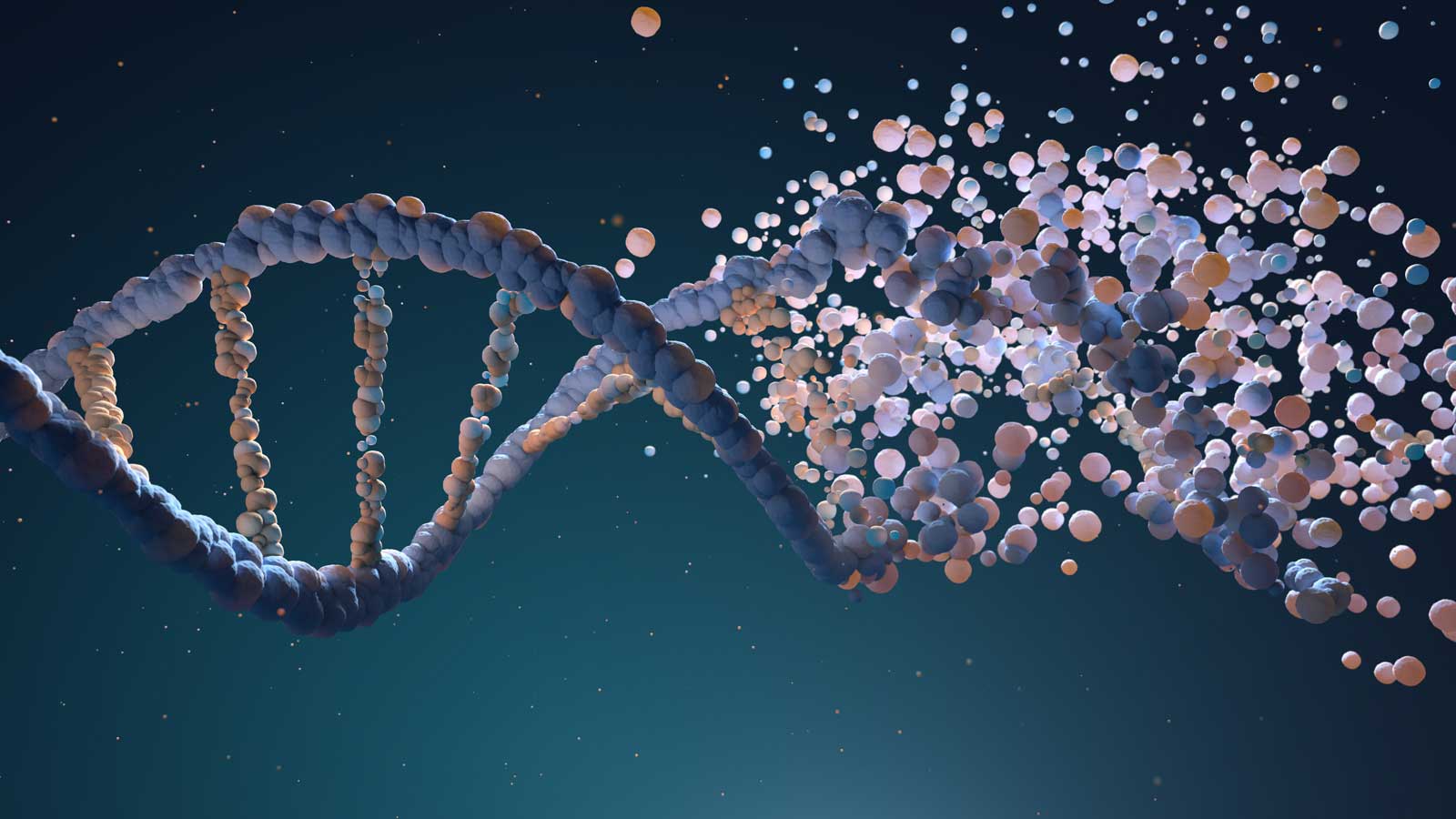Introduction:
-
- Depression and anxiety are common mental illnesses with high comorbidity rates.
-
- Antidepressant medications have side effects and limited efficacy, prompting the need for alternative therapies.
-
- Saffron has been traditionally used in Asian medicine and has been found to possess multiple therapeutic effects.
- Saffron has been traditionally used in Asian medicine and has been found to possess multiple therapeutic effects.
Traditional Understanding:
-
- Depression involves complex immunologic and endocrine responses, resulting in dysfunctional neurogenesis and neurotransmission.
-
- Anxiety is associated with abnormalities in serotonergic, noradrenergic, glutamatergic, GABAergic transmission, immune-inflammatory aberrations, and HPA-axis dysregulation.
-
- Anxious depression may have distinct neurobiology associated with increased immune and HPA axis dysregulations and brain abnormalities.
- Anxious depression may have distinct neurobiology associated with increased immune and HPA axis dysregulations and brain abnormalities.
Latest Research:
-
- Saffron has been investigated in nearly 30 clinical trials for improving mood in depressed and anxious patients.
-
- Systematic reviews and meta-analyses demonstrate that saffron is significantly superior to placebo and has equivalent efficacy to antidepressants for improving depressive symptoms in mild-to-moderate depression.
-
- Saffron has been used safely as an adjunct to antidepressant medications in several clinical trials, with inconsistent results on therapeutic efficacy.
-
- Saffron positively affects depressive symptoms in comorbid depression or non-clinical depression.
-
- Saffron (28 mg/day; standardised stigma extract) combined with conventional antidepressant medication was associated with a more significant improvement in depressive symptoms in patients with resistant major depressive disorder (MDD) compared to antidepressant medication alone.
- Saffron also found to be effective for reducing depression in several other groups, including menopausal women with MDD and hot flashes, adolescents with mild-to-moderate anxiety and depressive symptoms, elderly patients with MDD, and women with post-partum depression.
- Saffron (28 mg/day; standardised stigma extract) combined with conventional antidepressant medication was associated with a more significant improvement in depressive symptoms in patients with resistant major depressive disorder (MDD) compared to antidepressant medication alone.
-
- Saffron was found to be effective in relieving premenstrual syndrome symptoms, as well as depression and anxiety in individuals with metabolic conditions, such as type 2 diabetes and metabolic syndrome. Improved depression and anxiety scores in patients undergoing methadone maintenance treatment.
- In healthy individuals with self-reported low mood, saffron supplementation significantly decreased negative mood and symptoms related to stress and anxiety.
- Saffron was found to be effective in relieving premenstrual syndrome symptoms, as well as depression and anxiety in individuals with metabolic conditions, such as type 2 diabetes and metabolic syndrome. Improved depression and anxiety scores in patients undergoing methadone maintenance treatment.
-
- Saffron was found to be as effective as or more effective than placebo or conventional medication for reducing anxiety in individuals with anxious depression, generalized anxiety disorder (GAD), and other co-morbidities, such as burning mouth syndrome.
- Saffron was found to be as effective as or more effective than placebo or conventional medication for reducing anxiety in individuals with anxious depression, generalized anxiety disorder (GAD), and other co-morbidities, such as burning mouth syndrome.
Conclusion:
-
- Saffron is a promising alternative therapy for depression and anxiety with multiple therapeutic effects.
-
- Further research is needed to fully understand the efficacy and safety of saffron for treating depression and anxiety.







